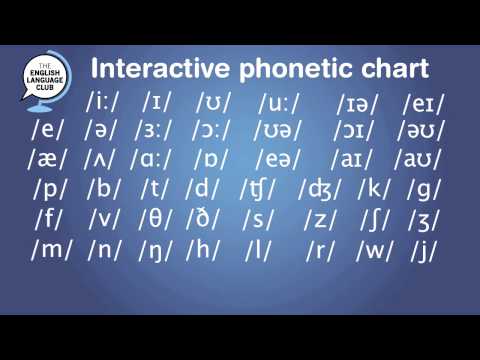Phonetics

3. The Need to Study Phonetics

Speaking and listening to speech comes so naturally. Have you ever consciously thought about what processes are involved in this? This is exactly what Phonetics aims to do. It aims to give a "systematic, conscious consideration of how speech sounds are made, what they sound like, and how they compare with each other.
There are many reasons for why we have to study phonetics among them we can mention:
1-To have the capacity to detect the right meaning of the words through the correct pronunciation.
2--To be able to understand the speech of other speakers and to be understood as well.
3-To improve our English pronunciation through producing an accurate set of English words. This can be done through the use the IPA Symbols (International Phonetic Alphabet).
Phonetics is the branch of linguistics that examines sounds in a language. Phonetics describes these sounds using the symbols of the International Phonetic Alphabet (IPA).
The IPA uses a single symbol to describe each sound in a language. If a letter in a word is silent, there will be no IPA symbol used in the transcriptions.
The IPA can be helpful for studying a language, especially languages that use letters that are silent or have multiple pronunciations. Languages like Arabic and Spanish are consistent in their spelling and pronunciation – each letter represents a single sound which rarely varies. English is different. It has many letters with two or more sounds and many letters that are silent.Vowel Sounds
æ as in cab e as in pet ɪ as in kit
ɒ as in dog ʊ as in dug ʌ as in putt (like a southerner saying strut)
ɪə as in fear eə as in pear ɔɪ as in toy
aɪ as in buy əʊ as in float eɪ as in hey
aʊ as in cow uː as in room iː as in leek
ɜː as in third aː as in arm ɔː as in pour
ə as in about
Consonant sounds
b: as in bad k: as in cat d: as in dog f as in frog g as in gas h as in help
l as in leap m as in man n as in no p as in pat r as in rat s as in sat
t as in tap v as in veil z as in zoo j as in yellow w as in wash ʒ as in leisure
dʒ as in large tʃ as in child ʃ as in ship θ as in thing ð as in the ŋ as in flyingʔ is a glottal stop.
